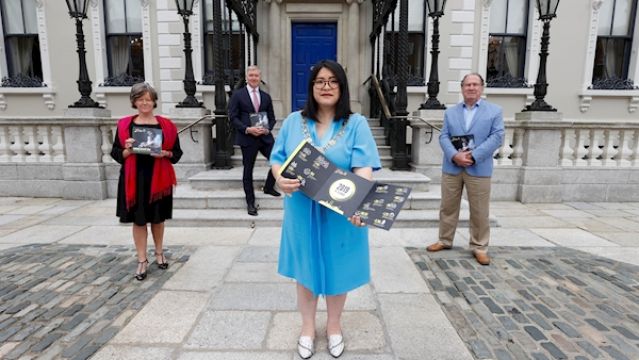The Dublin Simon Community’s review for 2019 found that its out-of-hours suicide prevention service averaged this amount of interventions per day as the wait time for its non-crisis counselling service has increased by 240 per cent over the past two years.
CEO Sam McGuinness has warned of the need to avert a health crisis amongst the homeless population as a consequence of health underfunding and increasing homelessness numbers.
“Demand for treatment services to meet the critical health needs of our homeless population has grown throughout 2019 with further growth experienced this year due to the impact of Covid-19,” Mr McGuinness said.
“Within our own treatment services we are presently faced with an ongoing funding deficit of at least one million euros per year.”
The charity provides services across Dublin, Kildare, Wicklow, Meath, Louth, Cavan and Monaghan to those who are homeless or at risk of homelessness and has reported major growth in demand for all health supports.
Wait times
In 2019, Dublin Simon Community saw an 18 per cent increase on demand for homeless healthcare services and provided access to treatment to 1,281 people.
Its counselling service, Sure Steps Counselling, provided 2,850 hours of counselling in 2019, an increase of 17 per cent. Almost 20 per cent of these hours were crisis interventions for suicidality.
The charity says that more than half of emergency accommodation residents require mental health support while its healthcare provisions such as residential detox, addiction recovery and blood borne virus services are also in high demand, with an increase in wait times seen over the previous year.
It comes as the charity says health funding for homeless services has “plummeted” by 54 per cent per person since 2014 as it is “not increasing in step with the growth in homelessness”.
| 2014 | €29.9 million for 3,738 people |
| 2019 | €36 million for 9,731 people |
“Since 2014, health spending in homeless services stagnated while homeless numbers accelerated. It is not even close to meeting the needs of the sector. What is now needed is the dedicated funding line and resources to deliver physical and mental health supports, as per the promise in the Programme for Government 2020,” Mr McGuinness said.
The charity says the Covid-19 pandemic has also created new challenges for the physical and mental health of the homeless population, with many services and supports being moved online.
“In 2019, the most prevalent primary reason for admission to our in-patient Step-Up-Step-Down Unit was a respiratory condition, this highlights the extreme vulnerability of our clients during the pandemic,” Head of Treatment Services at the charity Majella Darcy said.
The charity resettled 2,435 people and prevented a further 1,016 people from entering homelessness in 2019.
Its annual review was launched today by Lord Mayor of Dublin Hazel Chu, who said the charity’s “vital role... in serving and safeguarding some of our city’s most vulnerable people has never been more evident.”







